Optimal Nutrition for Turkish Van Cats: Best Diet Practices Guide
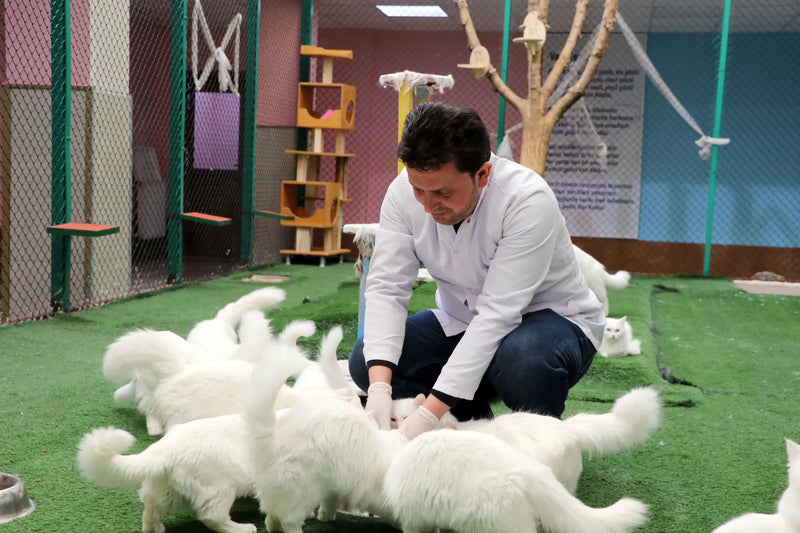
If you're the proud owner of a Turkish Van cat, you already know that these cats are not just stunning to look at but also full of personality and energy. Known for their love of water and robust health, Turkish Vans are a unique breed that deserves the very best in care, especially when it comes to their diet. Here’s how you can ensure your Turkish Van cat maintains its health and vitality through proper nutrition.
Understand the Nutritional Needs of Turkish Vans
Turkish Van cats are known for their muscular build and active nature, which means they require a diet rich in high-quality proteins to maintain their muscle mass and energy levels. Look for cat foods that list real meat, fish, or poultry as the first ingredient to ensure you’re providing a protein-rich diet that meets their needs. Look at our article Tailoring Your Purebred's Diet for Optimal Health for more ideas on your purebred's diet.
The Importance of Hydration
Interestingly, Turkish Vans are one of the few cat breeds that typically enjoy water—not just to play in but also to drink. Ensuring they stay hydrated is crucial, especially if they have a diet that includes dry kibble. Always provide fresh, clean water and consider a cat water fountain to encourage drinking, as the moving water can be more appealing to these water-loving felines.
Consider Wet Food
Incorporating wet food into your Turkish Van’s diet can further aid hydration and can be particularly beneficial for kidney health. Wet food also tends to be richer in protein and lower in carbohydrates than dry food, which can help maintain a healthy weight. You might also want to check our blog on Critical Foods to Avoid for Purebred Cats to ensure that yu are giving them the right food.
Measure Meals
Despite their active disposition, Turkish Vans can gain weight if their food intake is not monitored. It’s important to measure their food portions based on the guidelines provided by the food manufacturer and adjust based on your vet’s advice. Regular weigh-ins can help you keep track of their condition and adjust their diet as needed.
Be Cautious with Treats
Treats should be given sparingly and not make up a significant portion of your cat's diet. Choose treats that are made from wholesome ingredients and avoid those with high fat or sugar content. Treats are a great tool for training or bonding but remember they are just as the name suggests—a treat, not a staple.
Tailor Diets to Life Stage
The dietary needs of a Turkish Van cat can change with age. Kittens require diets high in calories and nutrients to support rapid growth, while senior cats might need fewer calories to avoid weight gain but more of certain nutrients to support joint health. Consult with your vet to tailor your cat’s diet to their specific life stage needs. Aside from right diet, be sure to check out our blog on Ultimate Care Guide for Turkish Van Kittens to ensure that you are giving your kittens their needs properly.
Regular Veterinary Check-ups
Regular check-ups with your veterinarian are essential to maintaining your Turkish Van's health. These visits are a good opportunity to discuss your cat’s dietary needs and make any necessary adjustments based on their health status.
Conclusion
Feeding your Turkish Van cat a balanced diet that meets their specific nutritional needs is key to maintaining their health and longevity. By understanding what makes these cats thrive, monitoring their diet and weight, and adapting their food to their life stage, you can ensure that your furry friend remains energetic and healthy. Understand more of your Turkish Van in our article Understanding Purebred Cat Health. Remember, a well-fed Turkish Van is a happy, active, and healthy companion for years to come. Check out more Turkish Van contents on our Turkish Van Blog Collection

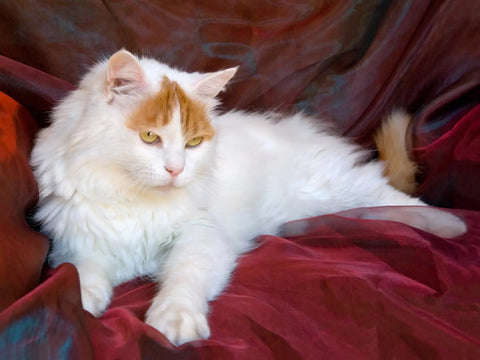
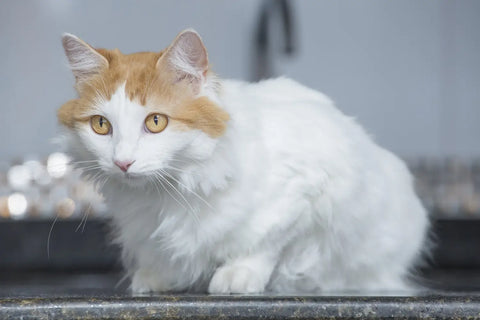
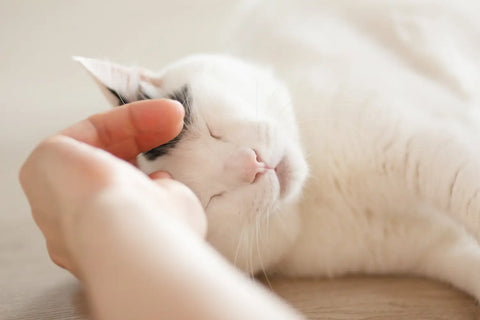




















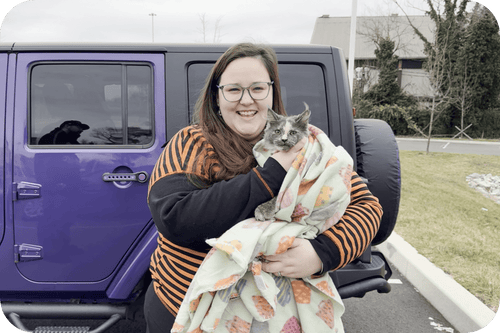




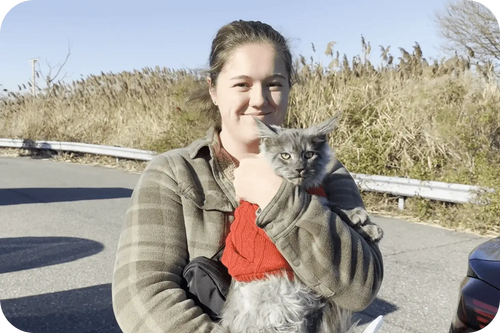
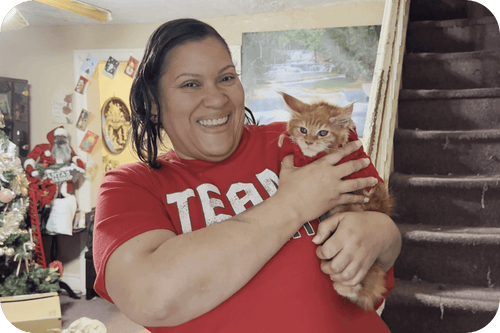
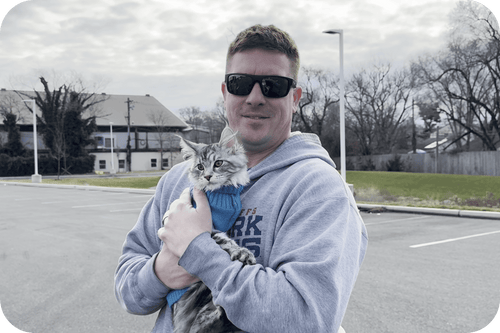

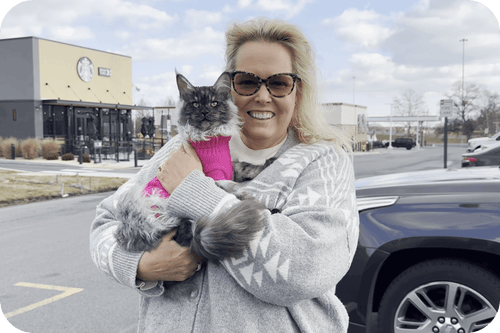

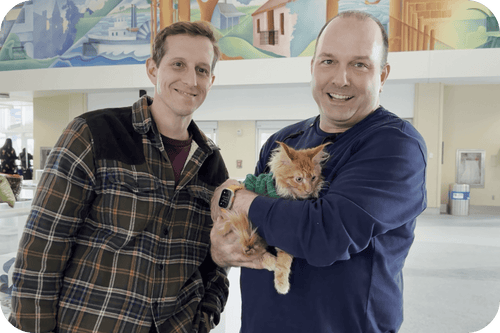
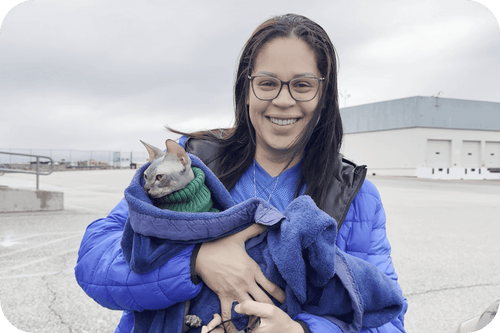
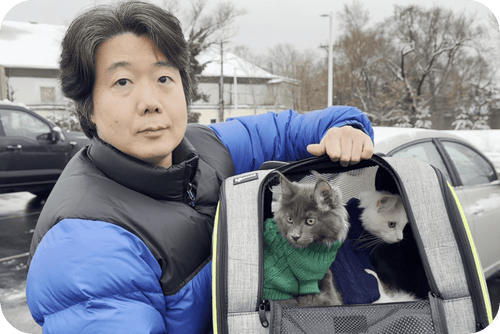
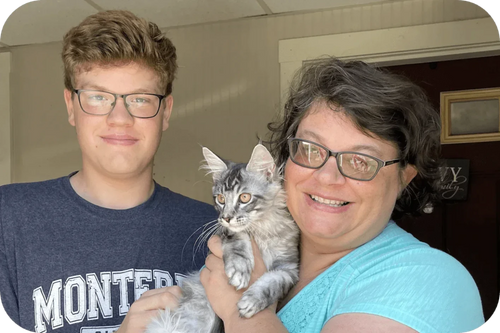
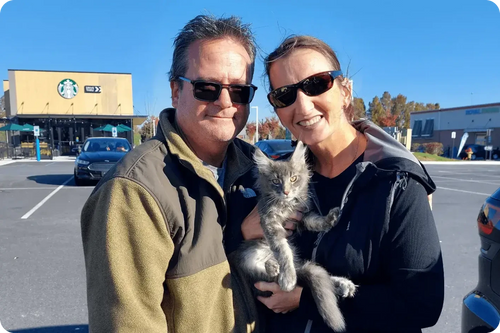
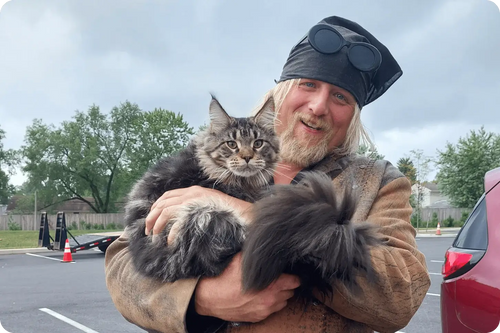


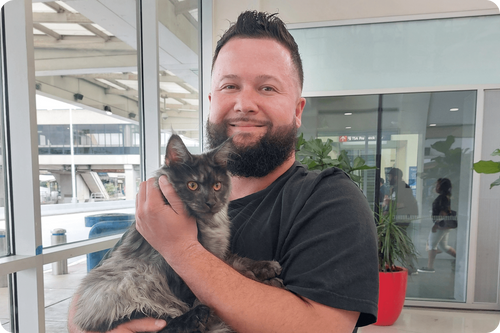










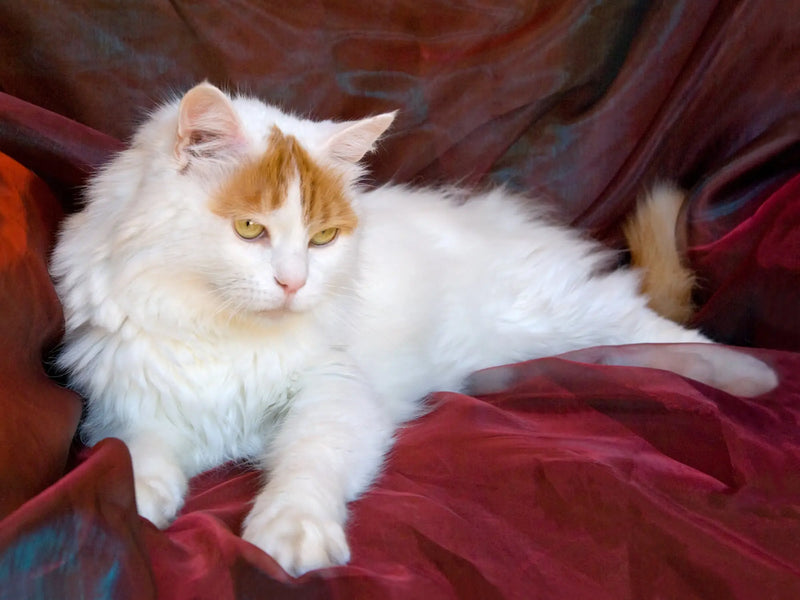
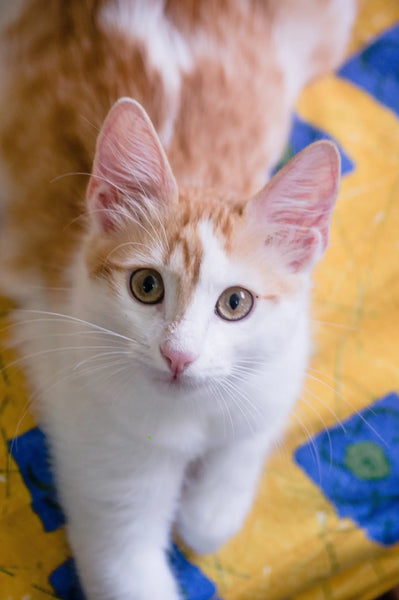
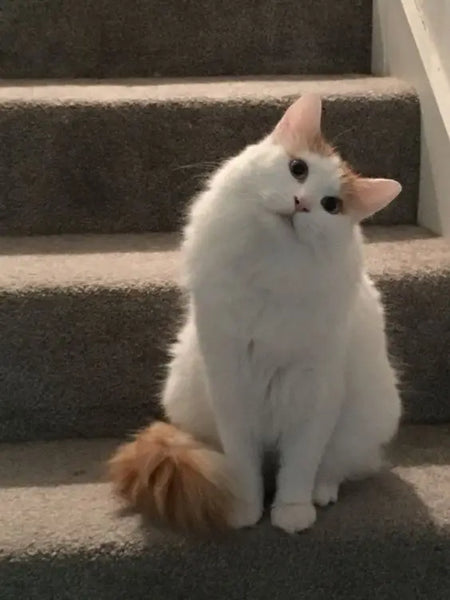
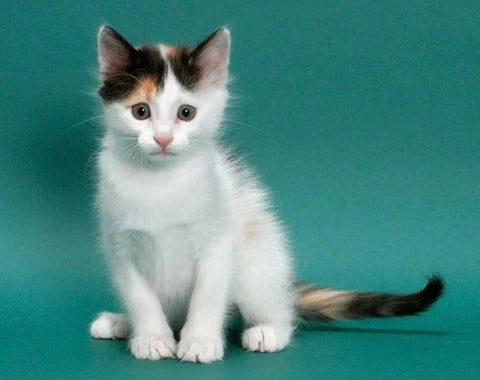




Comments(0)